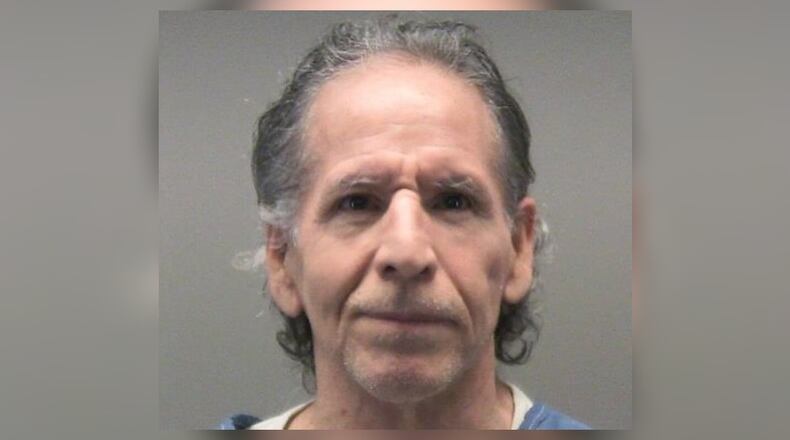Defense attorney Lucas Wilder said Santana was watching TV when he heard and saw people he thought were adults going through his front gate around 11 p.m. and that Santana was afraid they were going to come into his house. Santana retrieved his gun, lost sight of the people and went outside to find them.
Wilder said after Santana got to the garage, he opened a car door and found the teens inside. He said Santana didn’t know whether the individuals inside had weapons or were going to attack him.
“In that moment, fear hits him and he decides to shoot,” Wilder said.
Before the trial, Santana’s defense teams asked that Ohio’s new stand your ground law be a part of jury instructions in the case and Wilder filed a motion to continue the trial in early November saying that the Ohio Supreme Court is deciding whether the new self-defense law applies to cases in which the incident occurred before, but is tried after, the law was passed.
Both those motions were denied by Montgomery County Common Pleas Judge Timothy O’Connell.
“The court finds the Stand Your Ground law does not apply to this case,” the judge said in his ruling. “This case revolves around an incident that occurred in August of 2019. The court will not apply the Stand Your Ground law retroactively.”
A case that involves only trespassing on private property does not meet Ohio’s Castle Doctrine standard, said Tom Hagel, professor emeritus at the University of Dayton School of Law.
With that law, when intruders are “in your house and try to dispossess you or threatens to commit a serious felony, you have a right to stand your ground there and use deadly force to protect yourself or your property,” Hagel said.
“That only applies when you are in your residence. It does not apply to out in your yard or even in your garage,” he added.
With the Castle Doctrine, Hagel said, “you can never use deadly force to protect simply a property interest.”
The “stand your ground” legislation was signed by Ohio Gov. Mike DeWine in January. It allows armed state residents to use deadly force in self-defense in public places without considering first whether they could retreat from danger.
DeWine said he signed the bill to protect citizens’ rights to protect themselves and remove ambiguity from Ohio’s self-defense law.
Until the law took effect, Ohioans had a “duty to retreat” from danger in public places — if possible — before using deadly force in defense of themselves or others.
DeWine’s action drew cheers from gun groups and criticism from gun safety advocates.
The Buckeye Firearms Association said previous law forced “victims of violent crime to retreat before they’re legally able to defend themselves.”
The bill was opposed by civil rights groups and many county prosecutors and police chiefs, including then-Dayton Police Chief Richard Biehl, who has said it would make communities less safe and encourage armed vigilantism.
Based on when the Santana shooting occurred and when “stand your ground” became law, Hagel said he was not sure if it applied in that case.
“But if it does, keep in mind stand your ground only means when you’re threatened with serious bodily harm or death…you have a right to stand your ground and use deadly force to protect yourself,” he said.
“It only applies obviously in self-defense cases. And unless he was threatened with serious bodily harm or death…he had no right to use deadly force.”
The Montgomery County Prosecutor’s Office declined to comment on the case until after the Dec. 20 sentencing hearing. But Prosecutor Mat Heck Jr. said in November 2019, after Santana was indicted:
“A person can act in self-defense, in defense of another or defense of that person’s residence. Whether that person can use deadly force depends on whether they had an honest belief that they were in immediate danger of death or (great bodily harm). A person cannot kill someone for trespassing. Simply trespassing on the property of another or damaging that property is a crime, but not a crime punishable by death.”
Prosecutors said during the trial that the teenagers went onto the property to smoke marijuana. At the time of the indictment, Heck said there was no evidence they intended to do anything else.
“There is no evidence of criminal tools or anything like that,” Heck said.
“It seems to me, and we see this not just in this particular case but if you look at the number of trespassing cases in Dayton alone … I think what people do and should do is call the police. That’s what I do, that’s what I think anyone should do and that’s the reasonable, I think, expectation. That you’re going to call the police and ask for their assistance.”


